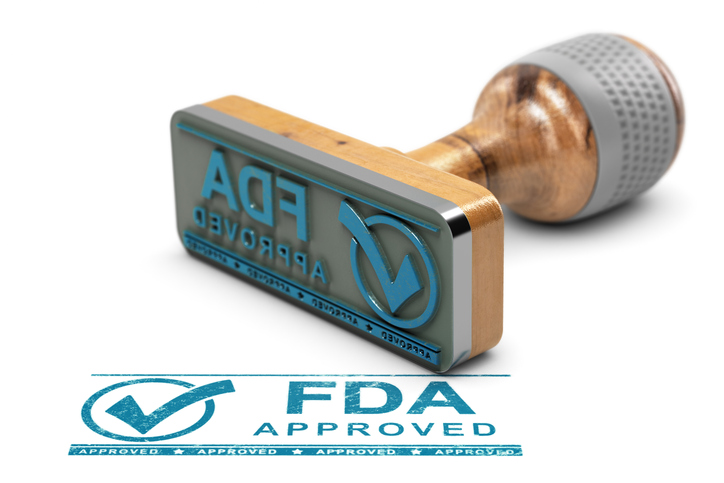
Bridge Bio Pharma, Inc. recently announced that the U.S. Food and Drug Administration (FDA) approved Attruby (acoramidis), an orally-administered near-complete (≥90%) stabilizer of Transthyretin (TTR) for the treatment of adults with ATTR-CM to reduce cardiovascular death and cardiovascular-related hospitalization. The Company noted that the approval is based on the positive findings of the ATTRibute-CM Phase 3 study, which showed that acoramidis significantly reduced death and cardiovascular-related hospitalization while improving quality of life.
“We are excited to be part of the celebration for the FDA approval of Attruby. The need for more treatment options for patients living with ATTR-CM is crucial to achieving the goal of better outcomes and improved quality of life. Access to this new therapy means more hope and more opportunity to improve the lives of patients with amyloidosis,” said Muriel Finkel, President of Amyloidosis Support Groups, a non-profit organization dedicated to the support of amyloidosis patients and caregivers via a press release about the news.
Attruby stands as the first and only approved, labeled product that yields near complete stabilization of TTR. The therapy was designed to mimic a naturally occurring “rescue mutation” of the TTR gene (T119M) that targets the root cause of ATTR-CM, destabilization of the native TTR tetramer. The Company noted that through near-complete TTR stabilization, Attruby has been shown to preserve the native function of TTR as a transport protein of thyroxine and vitamin A and to demonstrate benefit on cardiovascular outcomes.
Attruby gained approval based on the robust findings of the ATTRibute-CM Phase III study, which enrolled 632 participants with symptomatic ATTR-CM, associated with either wild-type or variant TTR. These participants were randomized 2:1 to receive Attruby or placebo for 30 months. The results, which were reported in the The New England Journal of Medicine, met the primary end point of a 4-component composite endpoint of ACM, CVH, N-terminal prohormone of brain natriuretic peptide (NT-proBNP), and 6-minute walk distance with a Win Ratio of 1.8 (p<0.0001). Overall, Attruby showed a statistically significant treatment effect at 30 months on the Kansas City Cardiomyopathy Questionnaire and 6-minute walk test. Additionally, the increase in NT-proBNP on treatment was about half that of placebo.
“Transthyretin cardiac amyloidosis is a progressive disease with a poor prognosis when left untreated. Having a new first line treatment option which provides excellent TTR stabilization and improves outcomes in this disease gives patients more options,” said Martha Grogan, M.D., of the Mayo Clinic. “Encouraging data suggests Attruby reduces all-cause mortality and cardiovascular hospitalization as early as three months after initiation of therapy. With continued advances in therapy, this previously fatal disease is becoming a manageable chronic cardiovascular condition.”







 © 2025 Mashup Media, LLC, a Formedics Property. All Rights Reserved.
© 2025 Mashup Media, LLC, a Formedics Property. All Rights Reserved.